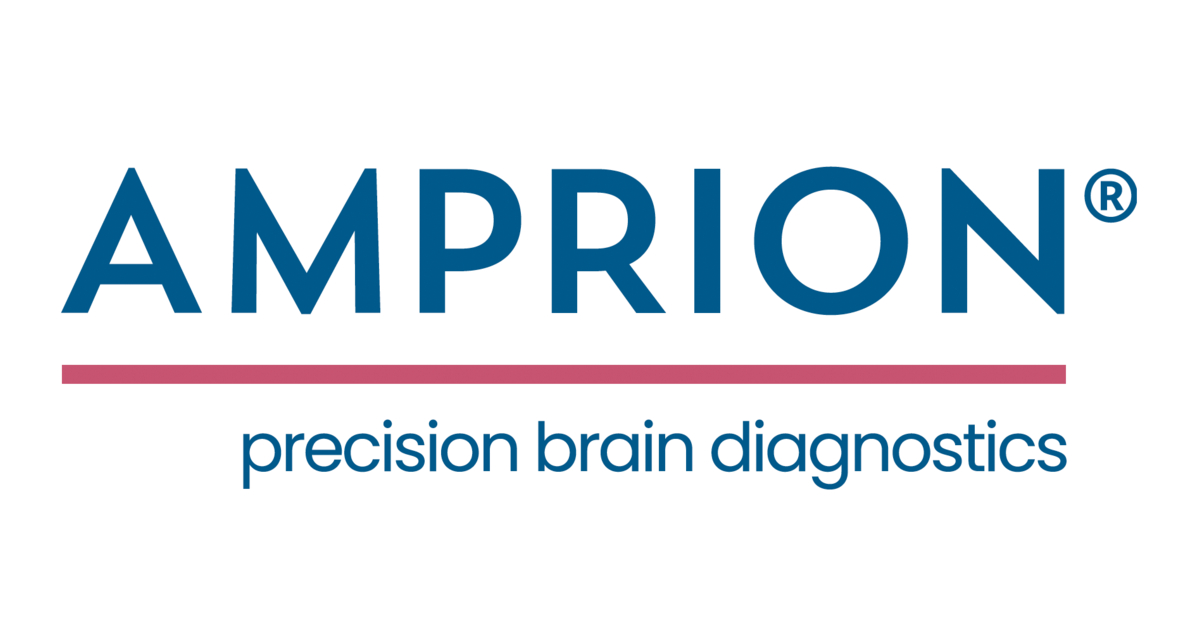
It doesn't have to show that they will get Parkinson's 100%, just that they progressing towards it and would very likely get it if they don't change their lifestyle and lived long enough.
It is not a test of their genome - it needs to be of some active biological state of their body.
Current theories suggest people who get diagnosed with Parkinson's have obvious (in retrospect) symptoms throughout their body, and that these are likely diagnosable chemically, even though actual diagnosis typically only happens when the patient reports the typical symptoms: one-sided stiffness, slowness of movement, etc.
@adssx yeah, it really does. I read about it quite a bit and it seems to match the criteria. I was waiting to see if it's ever actually be used but it doesn't seem like it. Ie I've never heard of it being used in reality with someone who had noticeable early symptoms but not severe enough to go see a neurologist. This state can often last for multiple years, and it seems as if it would be valuable to get a quick diagnosis so the person would know and be able to shift lifestyle earlier to reduce progression.
People tend to act as if it's inevitable that severe symptoms develop even though there's evidence that 1. Progression rate can be severely reduced by diet and exercise 2. Symptoms from little progression are much lighter than from later progression and 3. That confirmed early diagnosis would then move many people from a "very bad state at diagnosis" to "caught it early and able to radically change to improve their lives by a lot"
So it's wild that we aren't actively seeking out people who can be diagnosed early.
@Ernie I 100% agree with you, as someone with an abnormal Datscan (but extremely light symptoms) I would have preferred to get a positive alpha syn test years ago to learn about the risks and the prevention methods.
It's not more common because:
It's not commercially available outside the US yet.
It's not yet integrated in clinical guidelines.
Many doctors are stupid and think it's worthless to tell people that they have a risk to develop PD or DLB. They think it means worrying them for nothing. But research shows that when people are told about such a risk for most of them it's a wake up call to improve their lifestyle. It's also important to make future life decisions. If you know you'll develop PD in the future you might prefer to buy an apartment in a building with an elevator in a city with good healthcare infrastructure rather than the house of your dreams with 3 floors, stairs only, in the middle of the forest 2h drive from any doctor.
Anyway, coming back to this market:
For now the test is recommended in research and trials. Most new trials test all participants with that now: https://www.clinicaltrialvanguard.com/news/fda-letter-supports-amprions-revolutionary-%CE%B1-synuclein-test/
It's commercially available in the US and it has FDA Breakthrough Device Designation but if I understand correctly this designation allows the test to be used commercially before full FDA approval.
The test is part of the proposed new NSD ISS (an alternative definition of Parkinson's): https://www.mdsabstracts.org/abstract/baseline-nsd-iss-stage-predicts-long-term-progression-and-survival-in-sporadic-pd-10-year-ppmi-data-analysis/
And amprion now claims to be able to distinguish MSA from PD with 100% accuracy: https://www.businesswire.com/news/home/20241121359133/en/Amprion-Announces-Landmark-Study-in-The-Lancet-Neurology
So it seems highly likely that in the years to come the Amprion test will be FDA approved for PD diagnosis.
@Ernie could you please clarify in this market (and in other markets at later dates) what is needed for it to resolve yes:
Commercially available in the US? (in that case it should probably already resolve as yes?)
FDA or EMA approved specifically for PD diagnosis? (I think this should be the criterion)
Should the test be able to distinguish between all Parkinson plus subtype? (PD, MSA, PSP, DLB, iRBD, etc.) (I'm not sure this should be included, given how intricated these conditions can be and some can progress from one to the other)
In 2019 when they got the FDA breakthrough designation they said that they expected approval within 18 months: https://www.linkedin.com/showcase/amprion-fda-breakthrough/
Instead they became commercially available in 2021 (but still without full approval).
So progress is really slow (although it seems to be accelerating recently).
They've just closed their series B with investment from Eli Lilly: https://www.businesswire.com/news/home/20241009892605/en/Amprion-Announces-Initial-Close-of-a-15M-Financing-to-Commercialize-Groundbreaking-Neurologic-Diagnostics
They don't mention FDA approval in the press release. So my guess is that it won't happen in 2025 (and therefore depending on the resolution criteria this market might be skewed). But close to 100% sure it will happen by 2030 as it seems that there's a 2 to 3y gap between each milestone:
2019: FDA Breakthrough Device Designation
2021: commercially available
2024: FDA recommendation for trials and research
So 2026 or 2027: full FDA approval?
In any case, >90% by the end of 2029?

